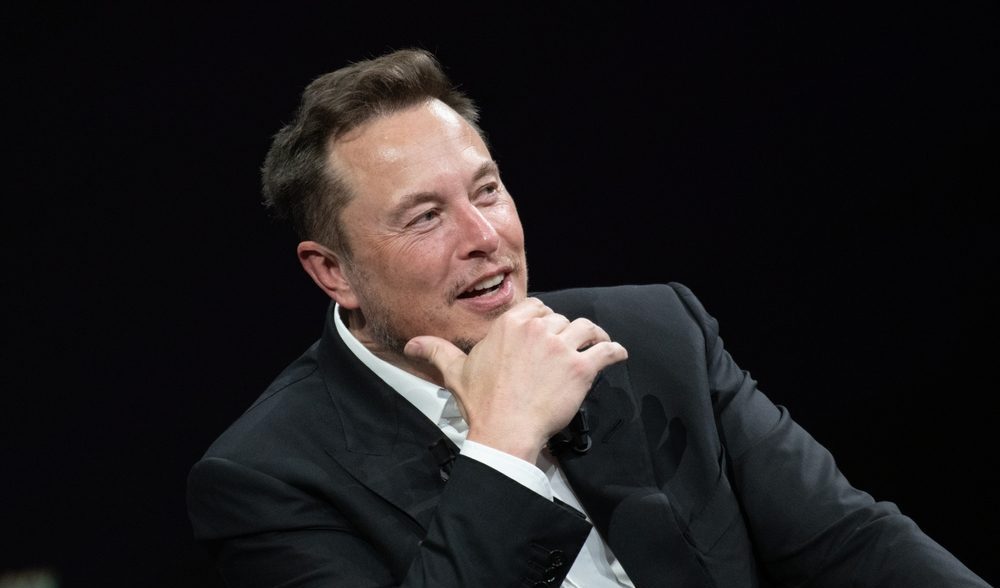Understand Your Rights. Solve Your Legal Problems


The European Union’s executive body is facing mounting criticism for its slow pace in enforcing a significant regulation aimed at ensuring responsible conduct by social media companies. This criticism comes in the wake of increasing concern over Elon Musk’s growing influence in European political affairs, particularly his involvement with the far-right Alternative for Deutschland (AfD) ahead of Germany's upcoming elections.
Musk, the owner of X (formerly Twitter) and the world’s wealthiest individual, has drawn the attention of Members of the European Parliament (MEPs) as he prepares to host a livestream discussion with Alice Weidel, the leader of the AfD, on his platform. The event, set against the backdrop of Germany's February 23 elections, is seen as giving the far-right party a significant advantage. Musk's substantial following of 211.4 million people further amplifies concerns about the potential impact on European political discourse.
Damian Boeselager, an MEP and co-founder of the pan-European Volt party, has called on the European Commission to investigate Musk’s “interference” in European elections. Boeselager is particularly focused on X's alleged promotion of Musk’s tweets, which may violate the EU’s Digital Services Act (DSA), a regulation designed to ensure that online platforms operate transparently and responsibly.
The Digital Services Act, enacted in 2022, aims to regulate major platforms like X, requiring them to eliminate illegal content, combat disinformation, and safeguard electoral processes. Boeselager argues that the way Musk’s tweets have been amplified through X's algorithm may be in breach of the DSA’s transparency requirements. Musk’s actions, including tweaking the algorithm to elevate his own content, raise serious questions about whether such practices are legal under the DSA.
The DSA allows the European Commission to impose heavy penalties on companies found violating its provisions, with fines of up to 6% of global revenue or the possibility of being banned from operating within the EU. The Commission has already accused X of breaching the DSA in areas such as misleading verification practices, which have been exploited for fraudulent activities. Despite an ongoing investigation, the Commission has not yet taken final action.
As pressure mounts, other European leaders are voicing their concerns over Musk’s influence on European politics. French Foreign Minister Jean-Noël Barrot has urged the European Commission to enforce regulations more rigorously or reconsider delegating such authority back to individual EU member states. He stressed the importance of safeguarding the EU's unique regulatory space.
Christel Schaldemose, the European Parliament's vice president, echoed these concerns, emphasizing the need for swift and proactive enforcement of the DSA. Schaldemose questioned whether it is fair or safe for one individual, such as Musk, to manipulate algorithms to promote his own political views and opinions, particularly when such actions could pose a "systemic risk to democracy."
Musk’s involvement in European political debates has raised alarm beyond the EU. Spain, along with France, Germany, and the UK, expressed disapproval of Musk's controversial and often misleading tweets. In one of his recent posts, Musk shared a tweet featuring a screenshot of rape convictions from Catalonia, which many critics deemed inappropriate and misleading.
Spanish Prime Minister Pedro Sánchez condemned Musk’s actions, accusing him of leading an “international reactionary movement” that stirs hatred and supports extreme political elements in Europe. Sánchez argued that Musk’s influence could dangerously destabilize democratic institutions.


